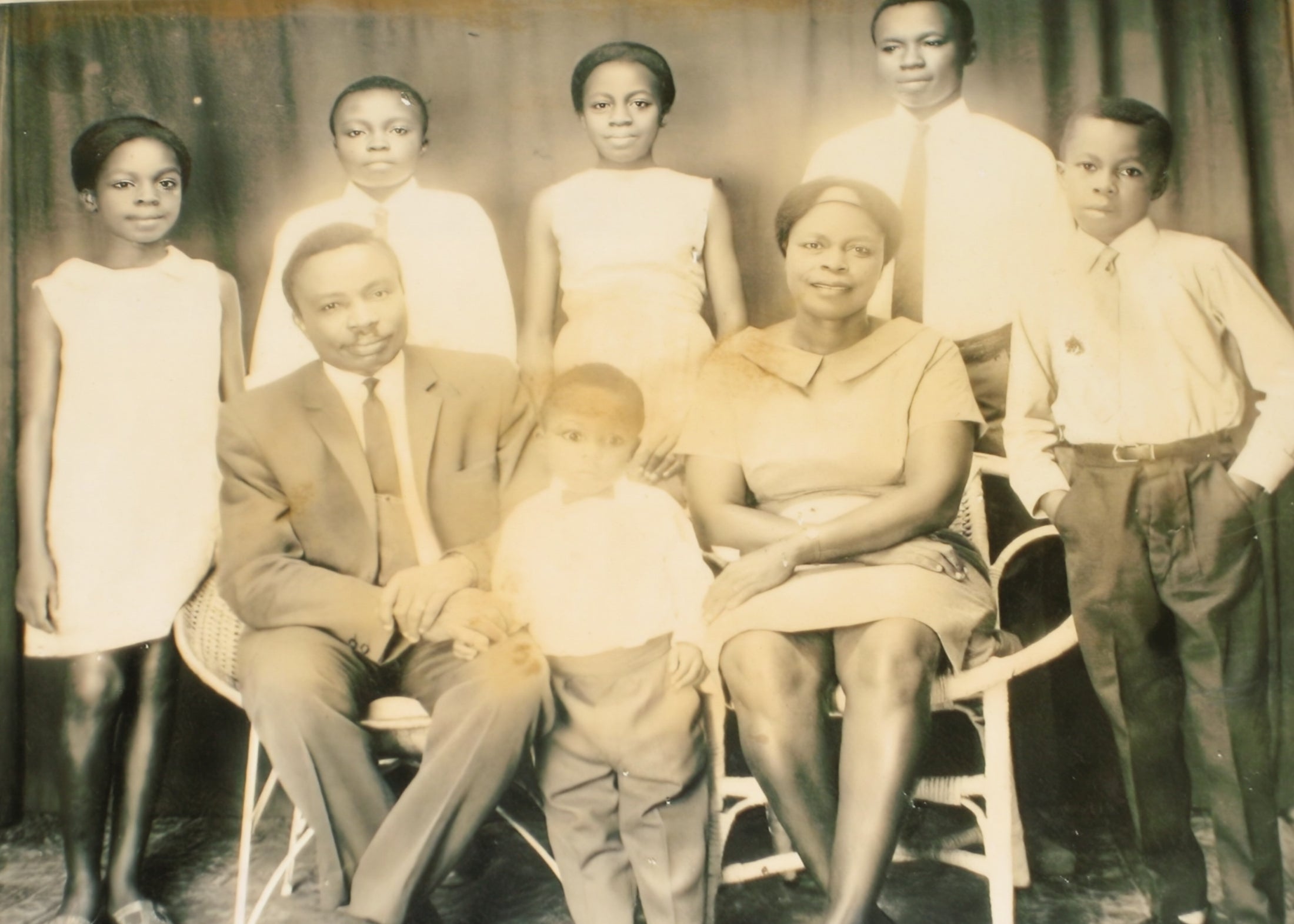
Iquo Ukoh, founder of the 1Q Food Platter blog and author of the recent release, Memories on a Platter: My Journey With Nigerian Food, is bringing Naija flavor to the cultural food space. She began her culinary journey in 2013 and created her blog to shed a light on the West African food globally. She especially is on a mission to help Nigerian Americans connect with their roots through fare.
“With an overarching goal of projecting Nigerian cuisine onto the global stage, I adopted a deliberate strategy of presenting and photographing our foods in an irresistibly appealing manner,” she tells ESSENCE. “It was through the twin mediums of food recipe development and food photography that I carved out this platform for culinary exploration and cultural representation.”
The seventh most populous country in the world, Nigeria has more than an estimated 220 million people. Due to economic instability, many Nigerians migrate to other countries to find a better quality of life. This mass migration coupled with globalization can mean some core cultural traditions around food can become lost. To address this issue, Ukoh created her cookbook, Memories On A Platter.

“My cookbook is my way of helping to preserve the Nigerian identity through food. I believe that a physical documentation of our foods, recipes and the stories behind the foods, provide context of our relationship with said foods,” she says. “A well-documented cookbook becomes a generational keepsake in families and can inspire the reader to cook.”
The book is comprised of over 130 recipes, 22 stories and conversations, and compelling images. It also incorporates pidgin English and other Nigerian languages to embody the diversity within the culture. There are over 500 languages spoken and 371 different tribes. Ukoh is from the southern part of Nigeria but she moved often due to her father’s work, exposing her to various customs and foods.
Some staple Nigerian dishes have gained popularity in the States, include Jollof rice, pounded yam and egusi, yam pottage (asaro) as well as rice and stew. In the past, the ingredients to make such native dishes could be inaccessible, but with a booming appreciation for these types of meals, that’s gradually changing.
“We are seeing an improved supply chain for Nigerian indigenous ingredients, allowing for the availability of our foods and condiments in stores in America,” says Ukoh. “I hope that wherever we live in the world we can cook, enjoy and share the taste of Nigerian foods with the rest of the world.”

Some online stores that currently sell ingredients include the likes of OsiAfrik, EgunsiFoods and Royac Shop. If online stores don’t deliver to your area and you don’t have physical stores like African markets nearby, all is nott lost. It’s possible to lean into similar ingredients used by more other cultures in America, says Ukoh.
“We have a number of West African influenced dishes in places like South Carolina and Louisiana,” she says. “The use of similar or common ingredients or a good alternative is a great way to merge the cuisines of several cultures seamlessly. Ingredients like okra, black-eyed beans, sweet potatoes, collard greens are common ingredients we can play with.”
In addition to the book, for those who want to try out more recipes, Ukoh has videos on YouTube and Instagram to follow as well through 1Q Food Platter. As the author and chef notes, try the recipes for yourself, enjoy them, and share them with others in the effort to take Nigerian fare far and wide.
“Nigerians have to take pride in their cuisine,” says Ukoh, “and find ways to tell authentic stories about our food in our own way.”